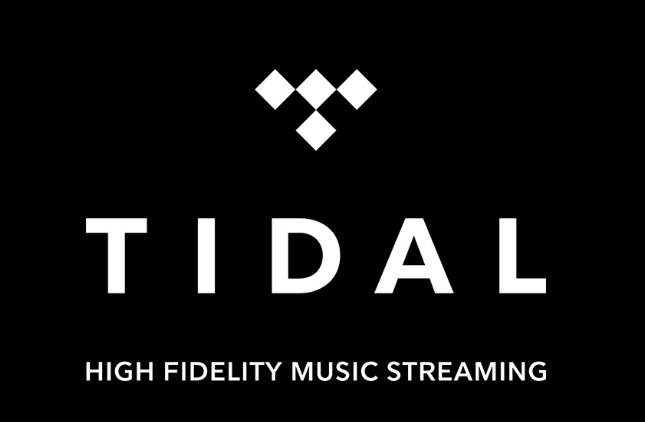Google’s latest venture may cause a ripple effect for the future of the Internet, telephone and cable companies, and Milwaukee could be the guinea pig to give it the final go-ahead.
Google is currently searching for a U.S. city or community where it can test its fiber optic, ultra-high speed Internet service. According to its Web site, the service is 100 times faster than most current standards at a download speed of 1 GB per second. The Google Fiber Internet service will be provided to testers at rates competitive to other Internet service providers.
Enter the City of Milwaukee.
Milwaukee city officials have announced their intention to try to lure Google to Milwaukee to test its Internet service. In a March 10 press release, Mayor Tom Barrett and Common Council President Willie Hines indicated that whichever test city Google chooses will benefit from hundreds of jobs and tens of millions of dollars in infrastructure investment.
Google’s entrance into the ISP field could revolutionize the way Americans get online. According to a 2009 study on America’s broadband Internet commissioned by the Federal Communications Commission, Internet service in the United States is slower and much more expensive than other leading countries. Currently, the U.S. doesn’t rank among the top 10 countries in broadband adoption in international rankings.
The study states one of the reasons for America’s substandard Internet service is the monopoly telephone and cable companies like AT&T and Time Warner Cable have on the industry.
According to the study, the most beneficial and successful model for Internet service is to have smaller providers lease the physical infrastructure, or the wires and fiber, from large ISPs.
Proponents argue this business model would create competition among Internet providers, leading to lower prices and higher performance.
Barrett McCormick, a professor of political science, said this type of model is unlikely to happen in America because of the congressional influence wielded by phone and cable companies that do not want competition in the ISP field. This is the reason Google is trying to become a major ISP, McCormick said.
“For Google, the better the Internet works, the more money they make,” McCormick said in an e-mail. “They have chosen to do some demonstration projects to show Americans what our messed up political system and monopolistic telecoms are not doing.”
Google is looking to test its Internet service in communities of 50,000 to 500,000 people. The competition among cities to be chosen by Google is fierce, and Milwaukee has already started an advertising campaign to draw attention to its quest.
Clear Channel Outdoor has agreed to use some of its digital billboards to draw attention to Milwaukee’s campaign to become a Google test city. City officials are also asking Milwaukeeans to go to Google Fiber’s Web site to tell the company why the city should be chosen.
According to McCormick, Google will most likely make its choice based on the amount of visibility the city draws.
“If I were Google, I would be looking for a city full of creative people and early adopters who would put high-speed broadband to good use,” McCormick said.
According to the press release, Milwaukee submitted its application to be chosen as a test city on the first day applications were being accepted.
Common Council President Hines is one of the main city officials pushing for Google to come to Milwaukee. Hines said Milwaukee’s telecommunications infrastructure and array of residential housing styles make the city an ideal choice for Google Fiber.
“We’re not too big, but we’re also home to professional sports franchises, major colleges and universities,” Hines said.
McCormick said the impact of Google Fiber will not be known for a few years, but the company has a history of changing the landscape for technological industries.
“Google is a very creative firm and launches innovative products on a regular basis,” he said.



